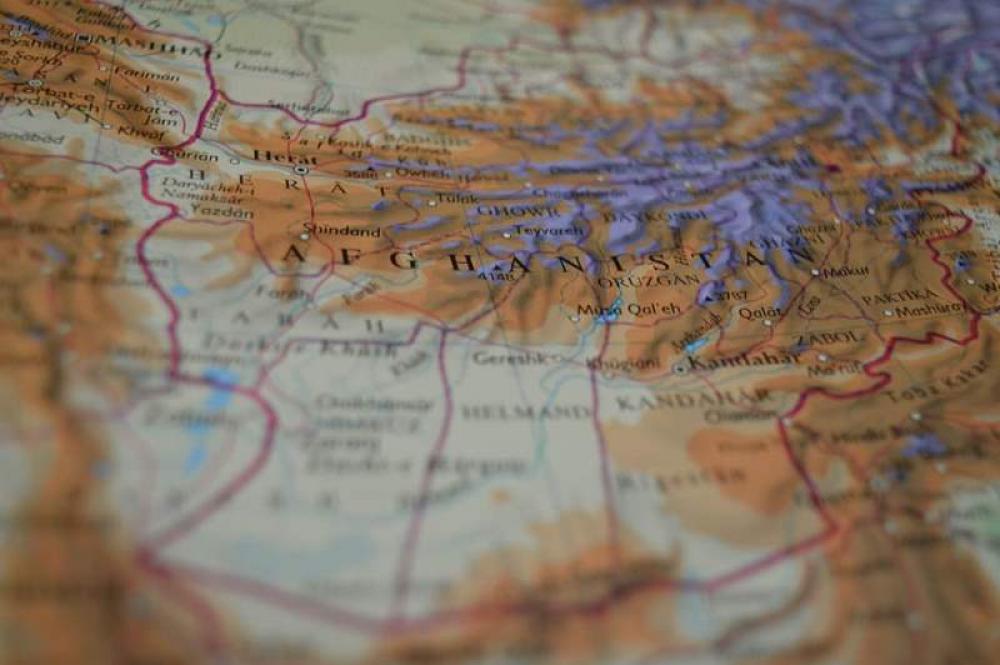By South Asia Monitor/IBNS | @justearthnews | 29 Apr 2021

Image: Pixabay
In what appears a move to disrupt the unity of the Afghan government, the Taliban, the main Afghan insurgent group, has reportedly written letters to prominent Afghan leaders, inviting them personally to hold peace talks with the group, reported TOLOnews. Those who received the letter include former President Hamid Karzai and the head of the High Council for National Reconciliation Dr. Abdullah Abdullah.
The letter came a week after the insurgent group refused to participate in a Turkey-led peace conference on Afghanistan, which led the host and co-sponsors, including the UN, to postpone the conference.
The letter is aimed at creating discord on the republic side (the Afghan government), said the Office of Abdullah Abdullah while confirming that he received the letter from the group. Former President Hamid Karzai, too, confirmed that the Taliban asked them to participate in direct talks.
“They have invited us for direct talks, but the republic side is unified and no efforts have been successful in creating discord on the republic side,” Faraidon Khawzon, the spokesperson for Abdullah Abdullah, was quoted as saying by TOLOnews.
Atta-ur-Rahman Saleem, the deputy head of the High Council For National Reconciliation, said the insurgent group’s effort to hold direct individual talks with leaders won’t be successful.
He further added, “We have contacts with them (the Taliban) through letters and messages, but we have repeatedly told them that the problem of Afghanistan will not be resolved by consulting various channels and it further complicates the process.”
Experts believe, after the US withdrawal from the country, the group would aim to further weaken the what is left of the political unity among leaders of the republic.
Also, the timing of the letter is significant. Lately, major international players and regional backers of the Taliban, are now increasingly getting frustrated with the group’s reluctance to come to any political solution for power-sharing.
The international community has already made it clear that the Taliban’s desire, of establishing the 90’s style Emirate, is “unacceptable” to them. The recent letter might also be an effort to create an impression that they are sincere to find a political solution for the conflict.